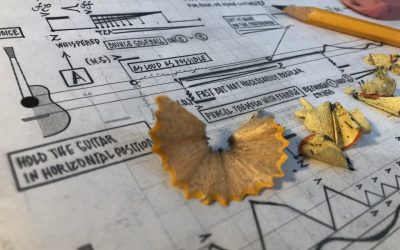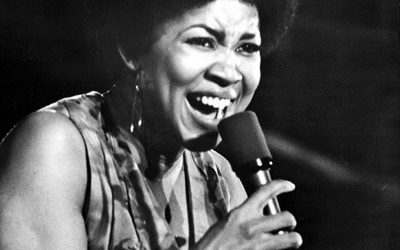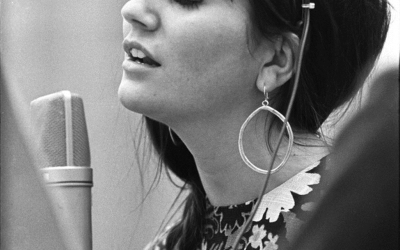MUSIC FROM THE AMERICAS presents
LOW FREQUENCY TRIO (Mexico)
New Music from Latin America
January 30th, 7:30 pm
Keller Hall, UNM Center for the Arts
Cristian Villafañe (Argentina) ¿Qué orilla?
Cecilia Arditto (Argentina) Viajes de las frecuencias en el agua
Wilfrido Terrazas (Mexico) Hub of the mind
Michel Soto (Mexico) Bug Core
Aldo Lombera (Mexico) Mezcolanzas
Formed by Antonio Rosales (bass clarinet), Juan José García (doublebass), and José Luis Hurtado (piano), LOW FREQUENCY TRIO is one of the few ensembles in the world that plays music that was exclusively composed for them. Its members are highly active in the international contemporary music scene and as a trio they have performed and held residencies at the Centro Mexicano para la Música y las Artes Sonoras, Centro de las Artes of San Luis Potosí, Conservatorio de las Rosas in Morelia, Festival Ecos y Sonidos, Festival Internacional Cervantino, the Museo Universitario de Arte Contemporáneo MUAC UNAM, and the Palacio de Bellas Artes in Mexico, the University of Texas UTRGV, and the University of New Mexico in the U.S., as well as the Universidad Nacional de Quilmes and the Conservatorio Manuel de Falla in Argentina. Since its foundation in 2016, LF3 has collaborated with more than 20 young and established composers in the creation and performance of fresh and innovative new works for this unique instrumentation which collective sound is yet to be discovered and repertoire until now was practically nonexistent.
Dr. José Luis Hurtado awarded prestigious Guggenheim Fellowship
Composer and pianist José Luis Hurtado, an associate professor in The University of New Mexico’s Department of Music in the College of Fine Arts, is one of the 2020 winners of the prestigious Guggenheim Fellowship.
You Can’t Tell It Like I Can: Black Women, Music, and the Struggle for Social Justice in America
This lecture/performance explores how black women have used music as a method of shaping the public rhetoric and sentiment surrounding the black civil rights struggle in America. Through a historical framework that moves through the height of the abolitionist movement, the Popular front during the 1930s and 1940s, the frontlines of the direct action campaigns of the 1960s, and the proliferation of the Black Power movement in the 1970s.
An Americanish Songbook: Linda Ronstadt’s “other” Country
This talk will consider performances and recordings by singer Linda Ronstadt to propose what I refer to as her Americanish musical songbook. The suffix “ish” here intends to accentuate the “somewhat” or “to some extent” of “American” that Ronstadt—Tucson born and raised—lived and sonically imagined through her extraordinary musical career.



